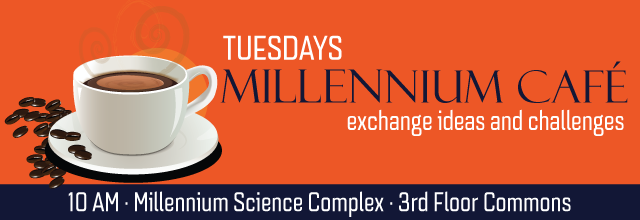
The research misconduct process is often misunderstood, with common myths suggesting that the outcomes are career-ending, the process is solely about scientific accuracy, and that any error is unacceptable. In reality, the focus is on rehabilitation, prevention of future issues, and transparency. Researchers should not fear the process. Understanding these misconceptions helps foster a more supportive and responsible research environment across diverse fields.
Courtney Karmelita | Office for Research Protections
